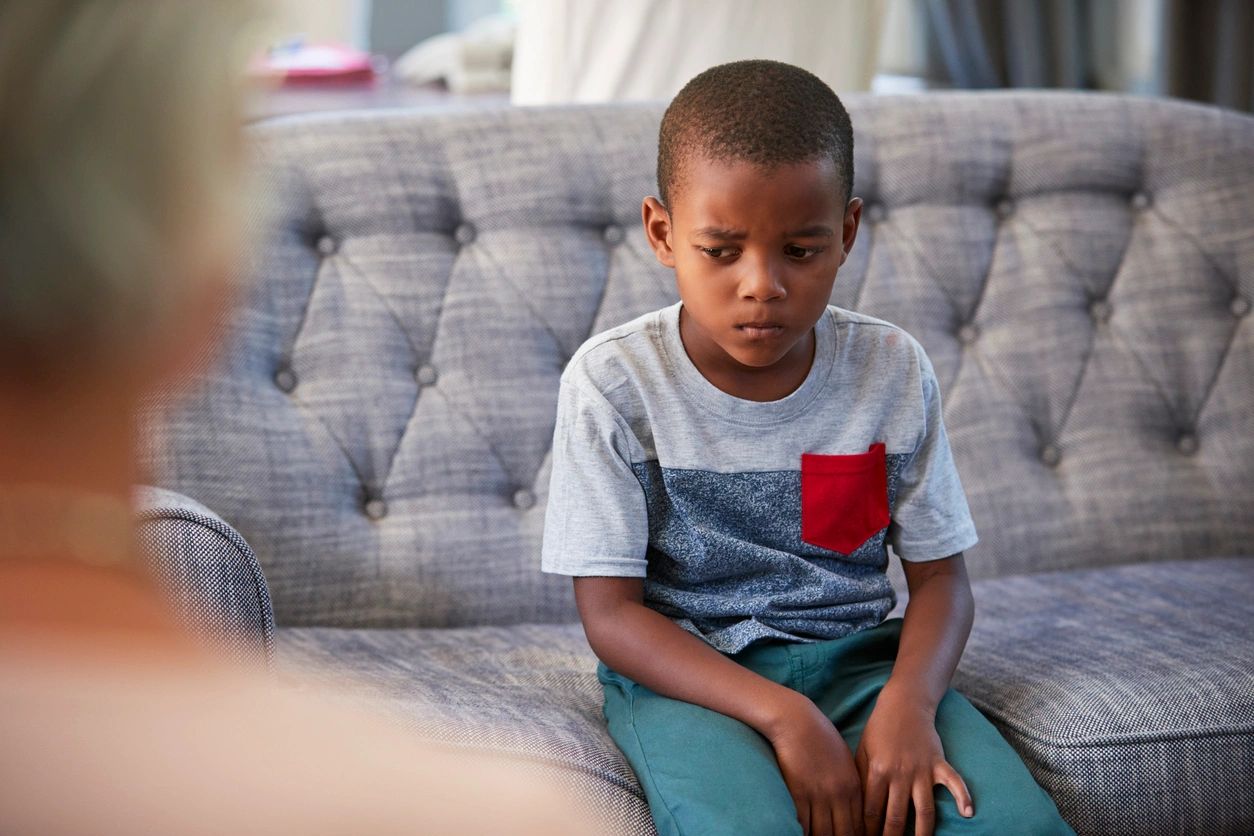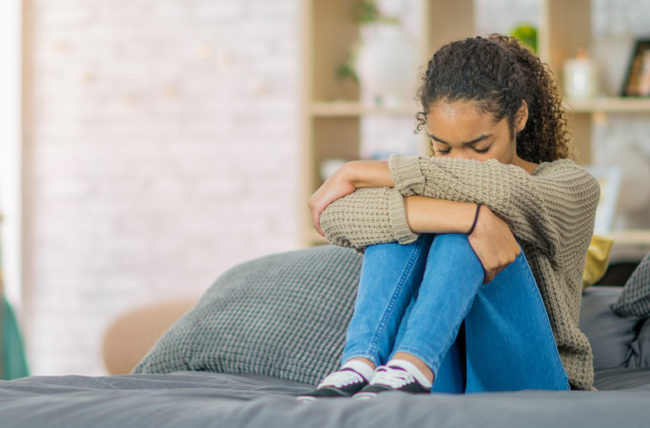Understanding Anxiety, its Causes, and How to Help:
As children grow through the stages of development, they will inevitably experience some feelings of worry, fear and anxiety. However, when a child’s anxiety leads to significant distress it might be time to seek help from a mental health professional. This article will help shed light on what anxiety can feel like for young children, as well as some of the signs and symptoms of anxiety to look out for.
What is an Anxiety Disorder?
Anxiety is a natural feeling of worry about a real or potential threat to our (or someone else’s) physical and/or emotional wellbeing. It is normal for everyone to experience some anxiety in their life, and there are many different ways that anxiety can show up in children depending on several factors. The feeling of anxiety is different from an Anxiety Disorder, which is the experience of significant and persistent distress that can interfere with an individual’s daily life. Let’s take a look at the different types of Anxiety Disorders that are most commonly seen in children:
- Separation Anxiety
- Generalized Anxiety
- Social Anxiety
- Specific Phobias
- Obsessive-Compulsive Disorder
- Panic Disorder
- Selective Mutism
- Mental health practitioners are also seeing increasing signs of an anxiety disorder which can sometimes be called Pandemic Anxiety.
Children of any age can experience these types of anxiety. Many factors may contribute to the development of an anxiety disorder including genetics, trauma, and age. Let’s take a closer look at how age may affect the experience of anxiety in young children:
A preschool-aged child may be more likely to experience Separation Anxiety.
- This is when the child becomes significantly distressed over being separated from a caregiver. This anxiety is fueled by the worry that something bad will happen to them or you if you are separated.
- An early-school-aged child may be more likely to experience Social Anxiety, and/or Generalized Anxiety, because they are now being introduced to many more people, ideas, and world issues.
Next, let’s look at some of the more specific signs that might indicate your child is experiencing an Anxiety Disorder. Remember, anxiety presents itself very differently depending on several factors. This list is meant to provide examples of the ways anxiety can show up and is not a complete list or a tool for diagnosis.
Some Signs and Symptoms of Anxiety Disorder in Children:
- Persistent feelings of worry and fear that are very distressing for the child (and often, for other members of the family as well)
- Avoidance of certain settings like school, parties, or the park
- Extreme shyness, or not speaking in certain settings
- Frequent meltdowns
- Inability to be soothed by reassurance
- Frequent headaches, stomach pain and/or muscle tension
- Skipping/avoiding school
- Seeking frequent reassurance
- Insisting to always sleep in the same bed as their caregiver
- Difficulty sleeping and intense nightmares
- Fear of being alone in a room, or being separated from their caregiver
- Feelings of dread or doom about the world
Young children who are preschool and early school-aged will naturally experience highs and lows of anxiety. They process fears and worries in ways that might not make a whole lot of sense to an adult, but to them, their fears and anxiety are very real.
Here are some ways you can help support your child if you suspect they have an Anxiety Disorder:
- Speak to them about their fears and worries without judgement
- Maintain a calm presence as consistently as possible, even in the face of meltdowns
- Praise and encourage their courageousness!
- Seek professional advice from a mental health practitioner to discuss treatment options
- Do not punish them for experiencing anxiety
At Achieve Pediatric Therapy Services, we support children experiencing a wide range of mental health concerns, including Anxiety Disorders. Our Registered Psychotherapists are trained in a variety of techniques, including Art Therapy, to help children express and process their anxiety with, or without words.
It is important to understand that children who experience anxiety have a special sensitivity to the world that can be a beautiful part of who they are. With patient guidance, they can flourish and grow into the unique and resilient individual they were born to be!
If you would like to set up a free 15-minute consultation with one of our therapists, please contact us at [email protected]




Rudolf Konecny
Good
Sports News
I’m always excited to see what’s next. Indian Cricket
MBBS Cutoff Of Private Medical Colleges in Chandigarh
Kickstart your medical career at the Top MBBS Colleges in Chandigarh, trusted by aspiring doctors.
MBBS Fees Structure in Punjab
Secure a medical career with MBBS Admission Through Management/Nri Quota in Karnataka.
Raja Luck App
Stay ahead in the gaming world with Raja Luck, the ultimate gaming platform.